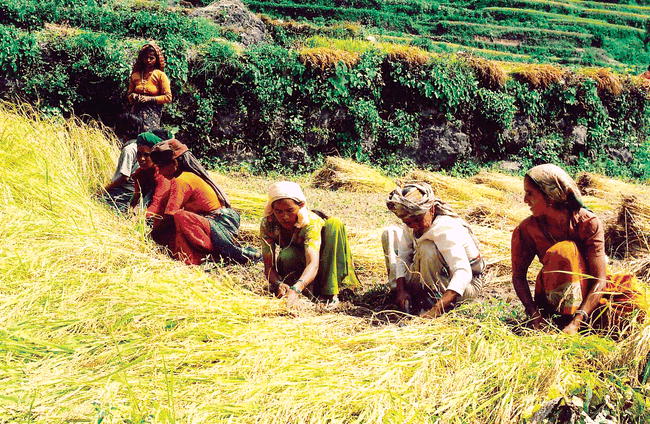

Sapodilla trees prefer bright light and direct sun

Get in touch with us for small quantities for your rear garden, kitchen garden, home garden or large quantities for farmland development, fruit orchards, fruit farms, real estate layouts or commercial cultivation.
CHIKOO FARMING IN INDIA SKIN
The skin is thin, rusty brown somewhat scurfy looking like Irish potato, and the pulp soft, melting, crumbling with a sandy or granular texture with 1-5 hard, black seeds. The fruit is a fleshy berry, variable in shape, size, and weight (75-150g). In India, it is cultivated for fruits that are liked all over the country. Sapodilla, popularly known in India as Chiku. The flowers are minute and white in color.

The tree is very hardy fruiting easily throughout the year, although the fruits take a long time to ripen. However, a grafted plant can be controlled to a low height. The tree can grow to a height of 30 meters (100 feet) high. Now the chiku is a common fruit in South East Asia, India and Pakistan. It was first introduced to the Philippines by the Spaniards.

The Sapodilla (chiku) is native to Mexico, Central America and the Caribbean. Other names for chiku are sawo (Indonesia), sapota (part of India), lamoot (Thailand, Laos and Cambodia), sapote, sapodilla, zapote, sapoti, nispero, dilly, naseberry, chico sapote, and many other names. Chiku is spelt differently in different countries, but retaining the same pronunciation. The rounder variety which I planted does not look like kiwifruit except for the color. It has an uncanny resemblance to kiwifruit in color and skin texture, except the chiku is slightly larger and without the hairy feel, but rough. Sapota is grown in many states- Karnataka, Gujarat, Maharashtra, Tamil Nadu, West Bengal and Andhra Pradesh. Karnataka is known to be the highest grower of the fruit, followed by Maharashtra. It can be used in fruit salads, blended into milk or yogurt, as a smoothie or processed to make a jam out of it.Description Chikoo / Sapodilla (Variegated, Graft) Fruit PlantĬhiku is a tropical fruit. In a statement, Dr M Angamuthu, Chairman, APEDA said that export can increase manifold if the mainstream buyers are also targeted as Sapota can be grown throughout the year unlike other fruits.ĪPEDA has been thrust on promotion of exports of GI products, which with its uniqueness and intrinsic value have practically no competition from outsiders and offer good potential for export. The Dahanu Gholvad Sapota, sourced from the authorised GI users, were sorted and graded from the APEDA assisted and registered packhouse facility at M/s Kay Bee Agro International Private Limited, Tapi, Gujarat and exported by M/s Kay Bee exports.Īt present, the demand in the importing countries is mainly from the ethnic population. GI certification of Gholvad Sapota is held by Maharashtra Rajya Chikoo Utpadak Sangh and the fruit is known for its sweet and unique taste. It is believed that the unique taste is derived from calcium-rich soil of Gholvad village, located around 140 kms away from downtown Mumbai.Ĭurrently, in the Palghar district, around 5,000 hectares of land is under sapota plantation. Out of 5,000 farmers who grow Sapota, 147 farmers are authorised GI users. In a major boost to exports of Geographical Indication (GI) certified products, a consignment of Dahanu Gholvad Sapota ( chikoo) from Palghar district of Maharashtra was on Wednesday shipped to the United Kingdom.


 0 kommentar(er)
0 kommentar(er)
